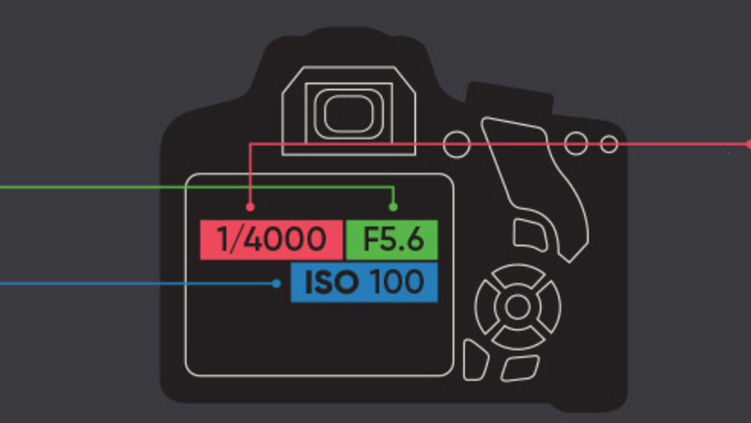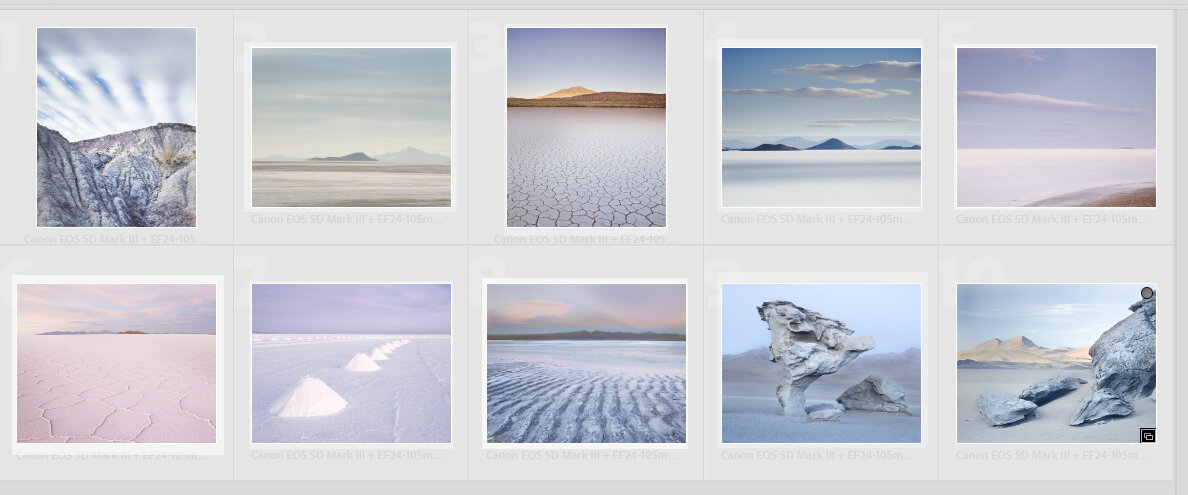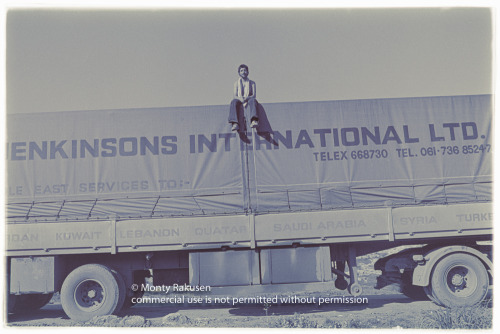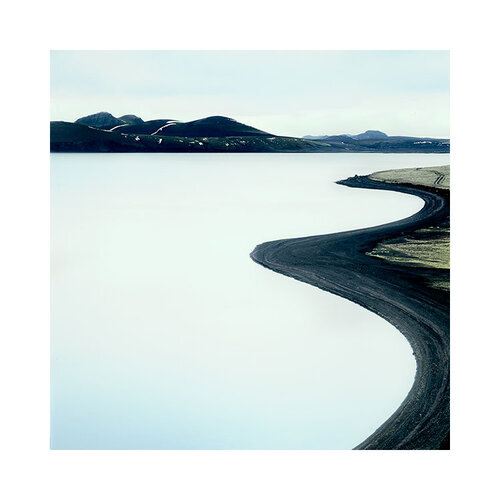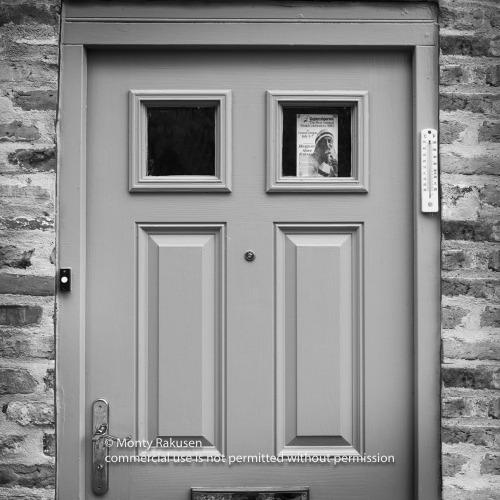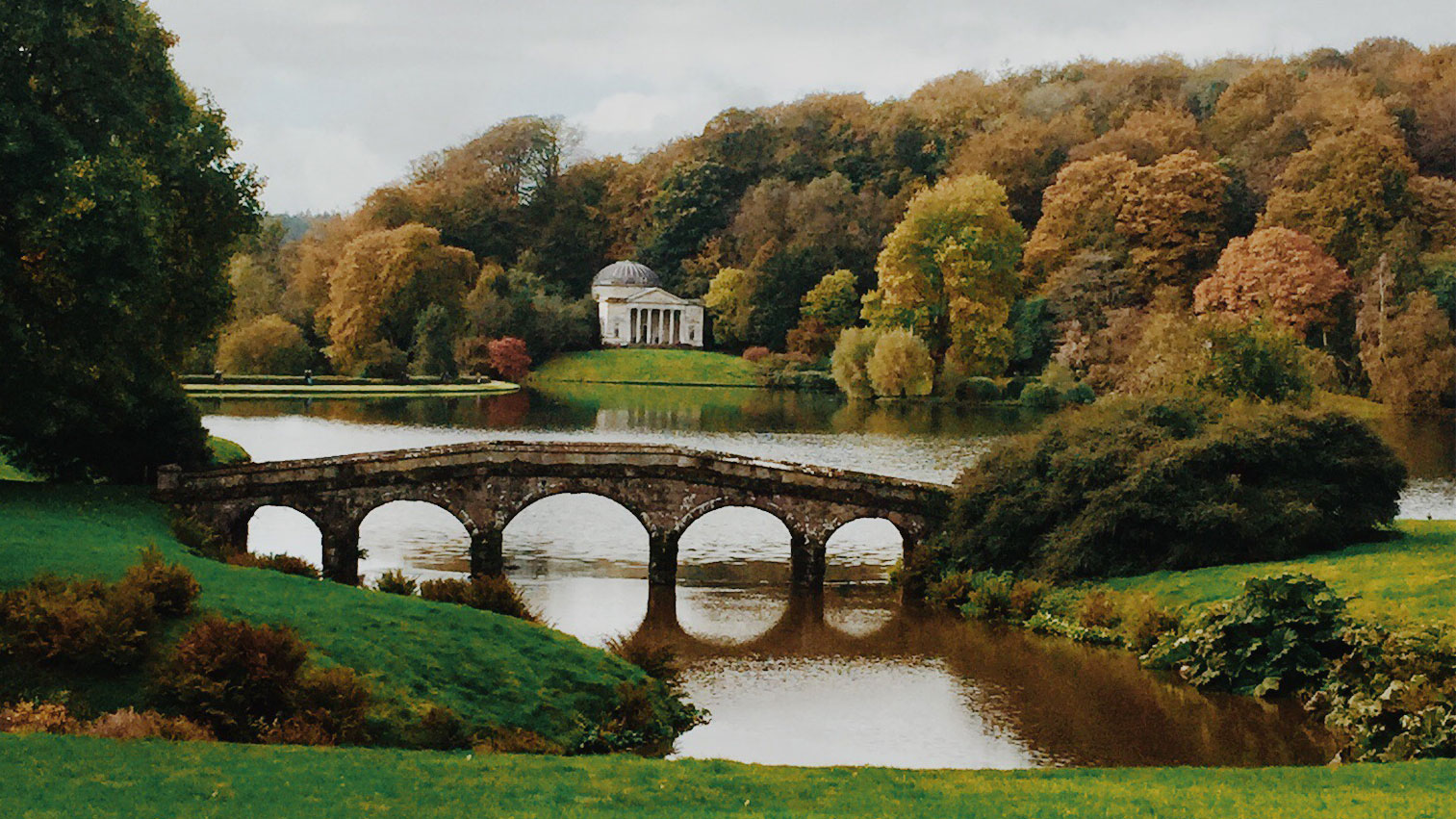Photographers
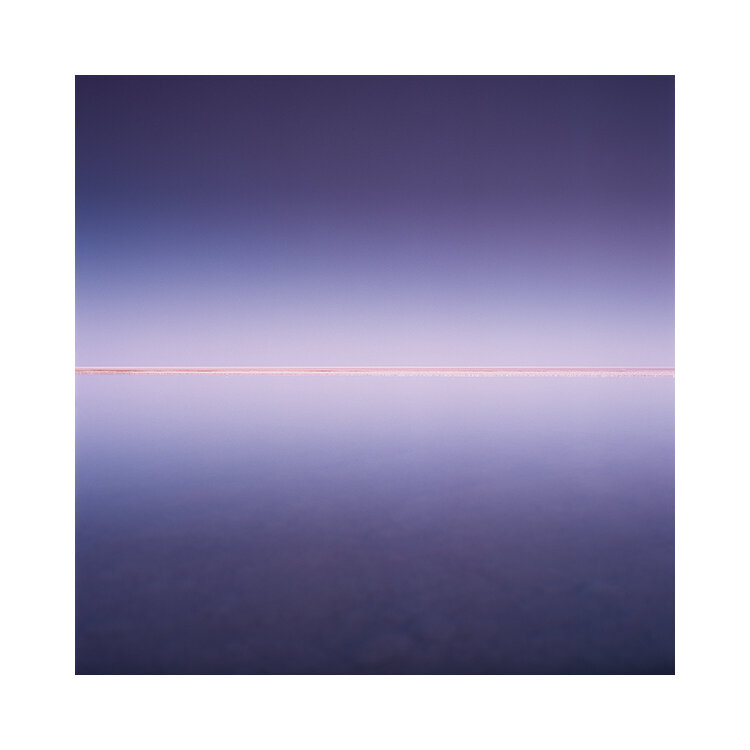
The deception of simplicity
The Art of Adventure - Bruce PercyLike watching a proficient ice skater, one could be forgiven for thinking that skating isn’t that hard at all. Indeed, I think that anyone who can make something that they do look effortless has two forms of outcome in terms of how their audience may rate them:
For those in the know, who have experience of the skill they are witnessing, a sense of awe or admiration for making something that is really quite difficult look effortless.
For the uninitiated, seeing something done so easily can lead to a sense of being underwhelmed. Because they have no experience to refer to, they are easily fooled into thinking that the skill being demonstrated is easily attainable.
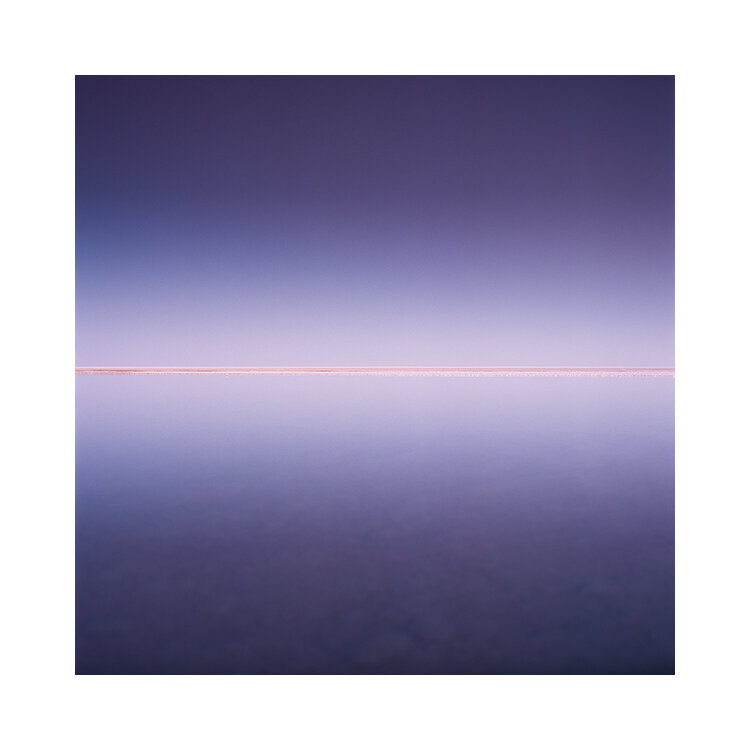
It is perhaps a contentious point to bring up, but sometimes contention has to be part of the conversation. So I bring up black and white photography as a classic example of something that to the inexperienced may appear to be easier than colour. The reasoning may go something like this: ‘black and white photography should be simple because there is one less thing to worry about: colour. You only have to concentrate on tone’.
But my view is that black and white photography done well, is extremely hard to do for the very fact that all you have to rely on is tone. Because colour has been removed from the equation, it means the viewers attention is left to focus on tone alone, and so the tones in the picture had better work. Any tonal errors or bad judgement will be more evident. The colour component isn’t there to help distract the viewer from noticing the tonal errors in the picture.
On a side note to this, it is often a ‘last ditch attempt’ on a workshop to salvage an image that has some inherent problem. Often I am confronted with the suggestion that we should “see what the image will look like in black and white”. As if the mere turning of a bad colour image into a monochrome one will save it.
The other aspect of simplicity that is deceptive is the mere fact that the less we know, the more we tend to think we know. And the more we learn, the more we understand just how much we didn’t know when we started out. I’ve talked about this before and it is called the Dunning Kruger effect.
Making effective simple images is hard.
You have to go through a long process of making a lot of complicated images first, to find out why they don’t work. Even then, you have to apply a degree of aptitude to understand that something isn’t working, and you need to find a way to reduce the clutter and unnecessary complexity, while at the same time not lose the image to sterility. The work has to remain engaging.
It is one of the reasons why I dislike the term ‘minimalism’. As Mozart said in the 80’s Amadeus movie ‘why sire, I only used as many notes as I needed, nothing more, nothing less’. Minimalism suggests that the work could have been just as good with more stuff in it. It also suggests that there’s been a deliberate attempt to reduce the contents of the picture to a point below most people’s level of normalcy. When in truth, the skill is in putting just the right degree of what was needed.
And so it seems, simplicity is itself deceptively simple.




